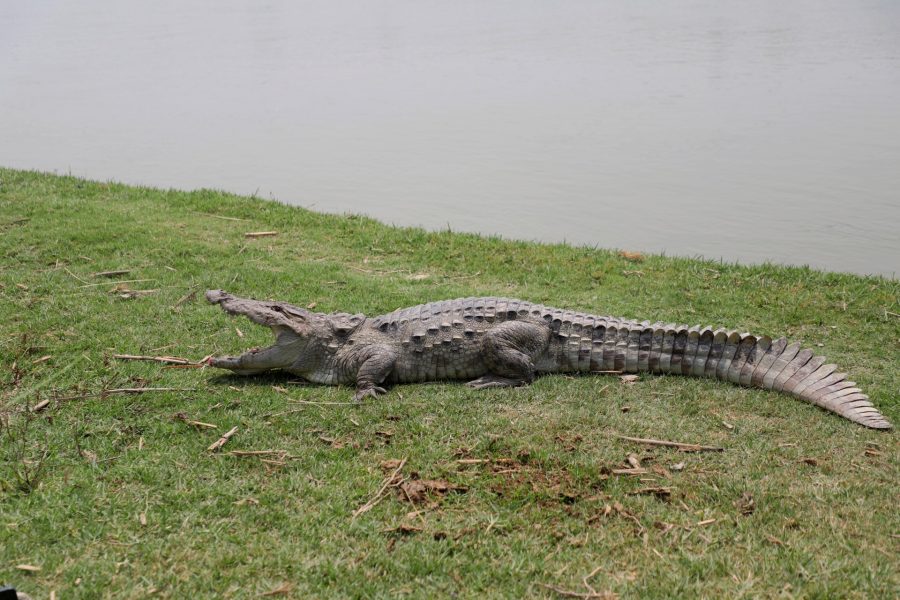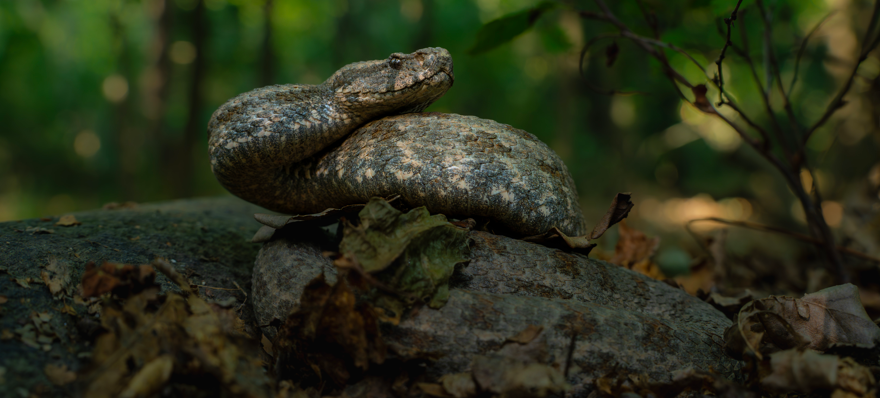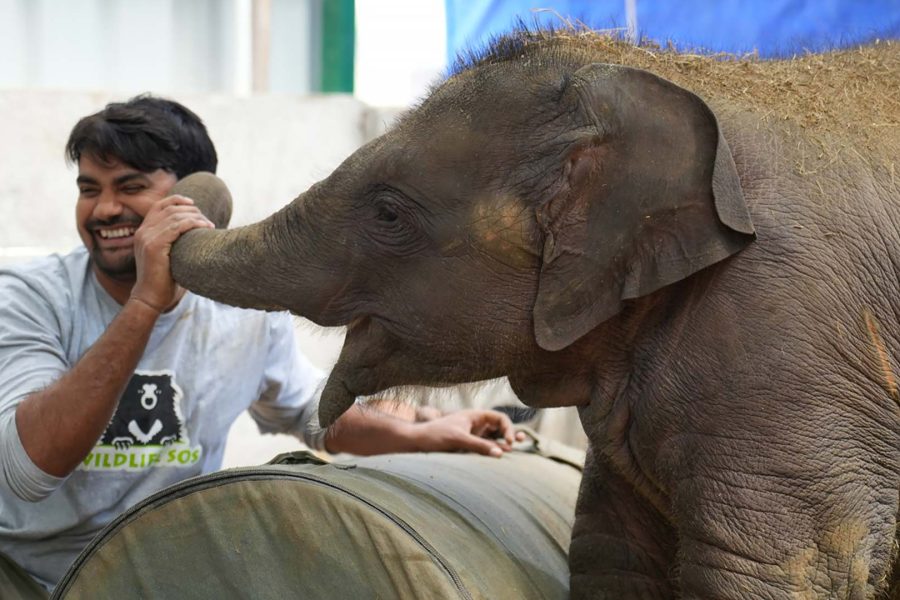By Dr. Mayank
Rapid loss of biodiversity is a global phenomenon. It is estimated that possibly half or more of the current species could be at risk of extinction in the near future. This loss of biodiversity is of critical concern. An increasing amount of research indicates that diversity plays an important role in long term ecosystem functioning. Many factors are contributing to biodiversity loss including habitat modification, competition from introduced species, human demand for certain species and environmental changes such as climatic fluctuations. Thus, preserving large intact areas of natural habitats is a key means of preserving biodiversity.
Forests are considered the lungs of the ecosystem as they act as sinks for Green House Gas (GHG) emissions released by vehicles and industries operating in urban areas. Today our environment is faced with excessive population pressures, unplanned economic development, industrialization and vehicular emissions. Therefore, increasing tree cover through Plantation/Reforestation is critical.
Trees are amongst the most significant elements of any landscape both due to biomass and diversity. Their key role in ecosystem dynamics is well known. However, it is paradoxical that the vegetation has undergone destruction and degradation in the modern times due to industrial and technological advancements achieved by human society. This advancement has resulted in emission of carbon in the ecosystem. Therefore, there is a need to address environmental issues related to them. However, minimal efforts have been made to study the potential of trees in carbon sequestration from afforested/reforested and plantation areas which are so crucial for the sustainability of the living organisms. Such areas serve as hot spots in national as well as global biodiversity. The role of such green areas in the global ecosystem development needs to be addressed. As forests play a very significant role in the dynamics of global carbon cycle hence in order to assist policy makers on climate change related issues it is desirable to have a periodical account of carbon stocks in forests so as to assess contribution of forests in sequestration of atmospheric carbon.
Considering immediate and long term impact of climate change which is threatening all living species on earth, including humans, Wildlife SOS has decided to take up the environmental cause which has become a major pressing issue in the present day scenario and handle it in utmost specialized and scientific way. Thus, to conserve the terrestrial biodiversity on one hand and mitigate carbon on the other, the organization has initiated a project in association with BHEL, PSSR, Chennai, India to establish and simultaneously manage a forest under a reforestation program at Ramdurga village, Koppal District, Karnataka on 10 acres of land.
The forest is being developed and managed with the help of local communities. Only such trees which are ecologically beneficial and have high efficiency for carbon fixation are selected. As forest research is an integral part of any Reforestation/Afforestation program hence at different stages, growth of the forest will be monitored in terms of carbon stored by the forest (carbon sequestration) using non-destructive methods i.e. developing biomass tables using tree variables like diameter at breast height (dbh), basal area (BA), tree height and wood density. The study is an attempt to quantify carbon pools (living biomass only i.e. above and below ground biomass) from within the maturing forests over the period of 5 years as a role to play in our fight against global warming and climate change.
In the future, Wildlife SOS shall be engaged in other projects of such magnitude as well to conserve biodiversity and ecosystem and to tackle the menace of climate change by offsetting CO2 through afforestation and reforestation Programs.





